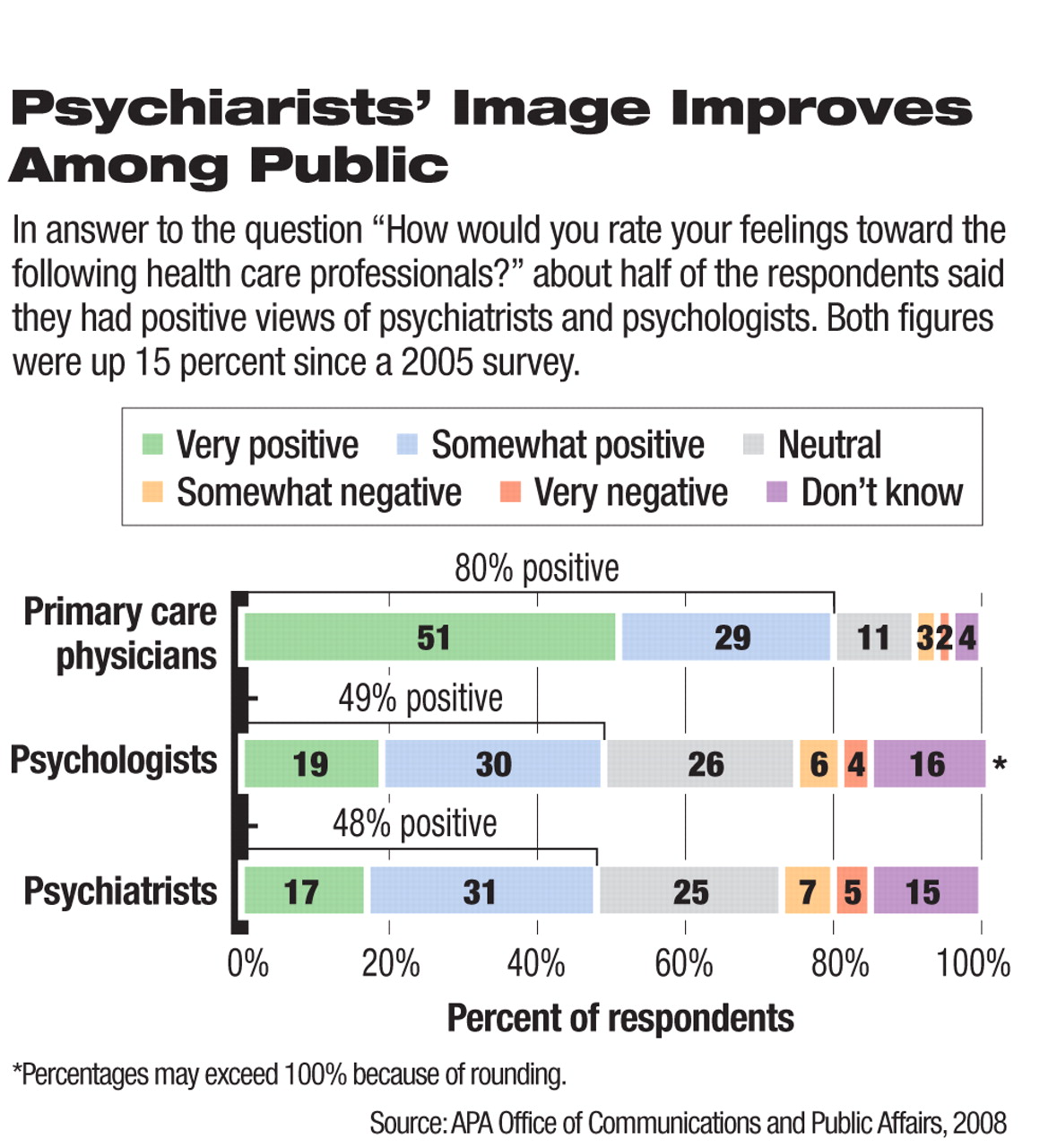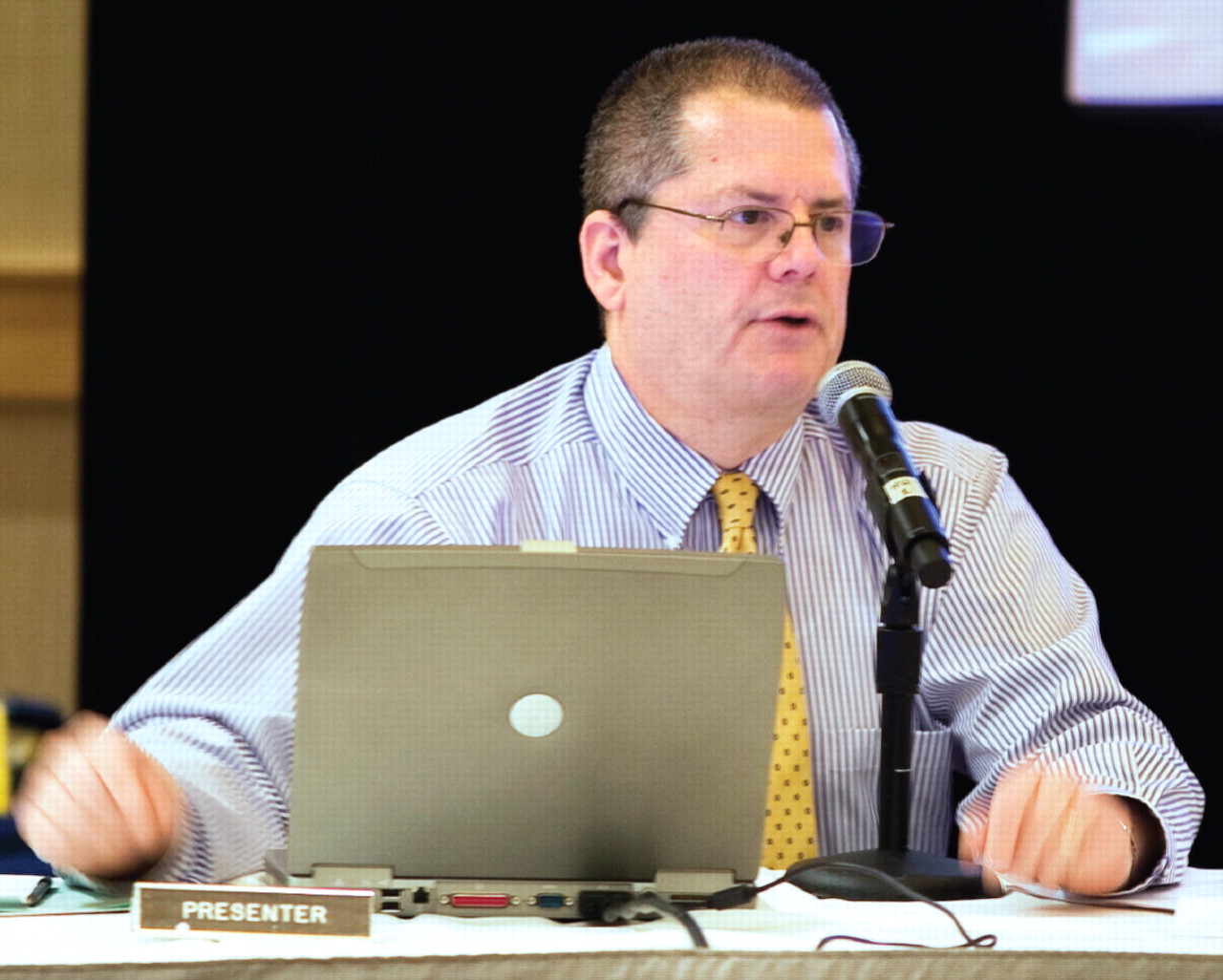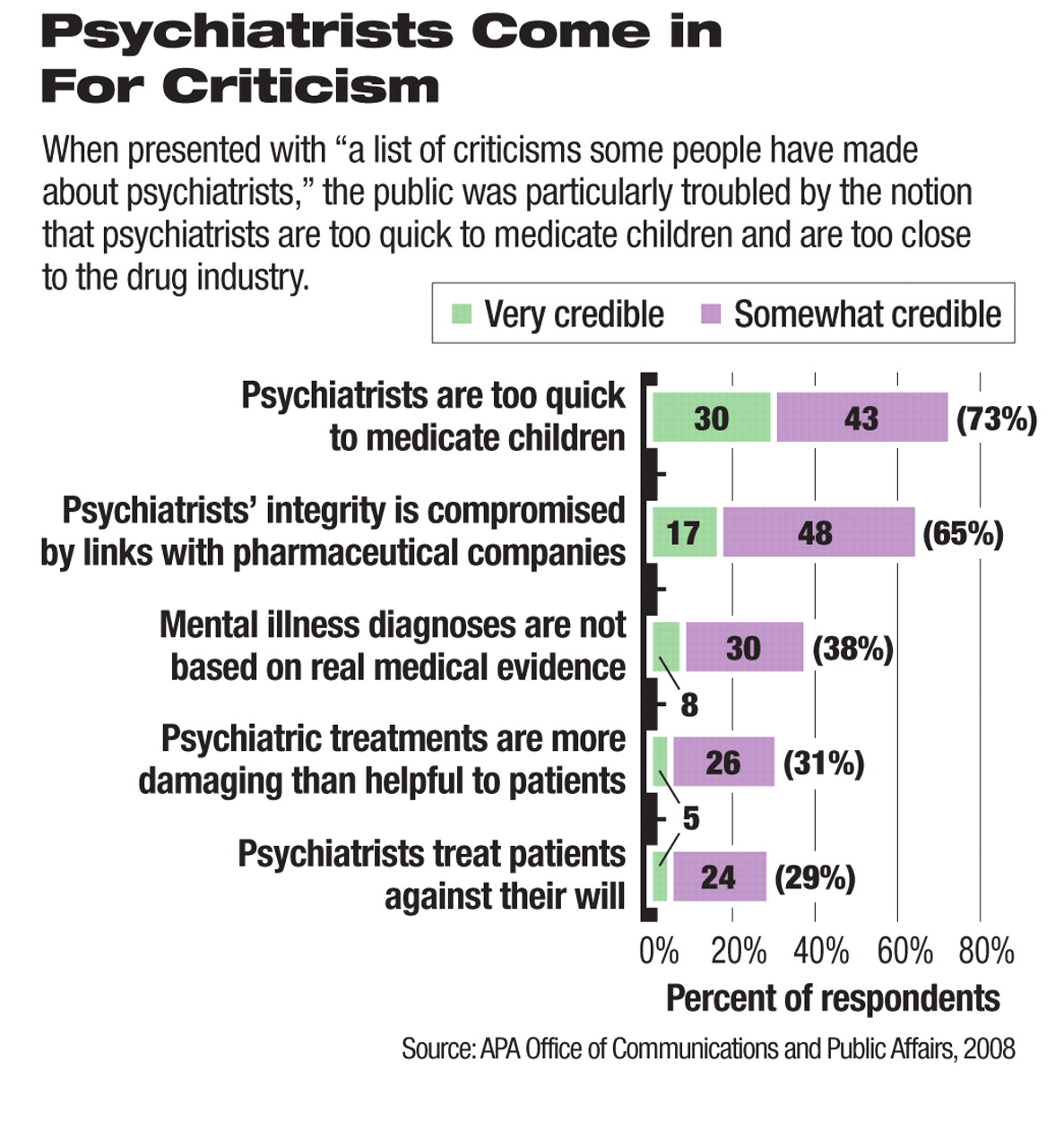APA President Nada Stotland, M.D., set the tone for the Board of Trustees' meeting last month in Arlington, Va., by emphasizing that the Trustees would have to make tough and unpleasant decisions on behalf of APA at that meeting and in the near future because the financial prospects facing the Association are bleak.
Driving the decline in revenues available to APA are a steep drop in pharmaceutical advertising in APA publications, an expected decline in other types of revenue from the pharmaceutical industry as APA decreases its involvement with that industry on several fronts, declining annual meeting revenues, and member dues that have not risen in 13 years despite the steady march of inflation.
The 2009 operating budget is approximately $55 million. Since the Board had decided not to use money from APA's reserves to fund its operations, the Trustees agreed to cut nearly $1 million out of the 2009 budget for APA governance. Governance includes the Board of Trustees, Assembly, Joint Reference Committee, and all of the committees, councils, and work groups.
Staff reductions will also help APA balance its 2009 budget. APA Medical Director James H. Scully Jr., M.D., told the Board that 23 staff positions are being eliminated, of which 10 are currently filled. Three of those 10 staffers are being offered other jobs at APA. Many other staff positions are remaining vacant and subject to a hiring freeze. The travel budget has also been slashed.

On an upbeat note, Eve Herold, director of APA's Office of Communications and Public Affairs, reported results of a national, APA-sponsored survey of the American public that found that perceptions of psychiatrists have become more positive over the last three years and that attacks on psychiatry by groups such as the Church of Scientology are having little impact on people's view of psychiatrists and the treatments they provide. Nearly half of respondents (48 percent) have a positive view of psychiatrists and psychologists (49 percent, see chart at right), both up about 15 percent in just the last three years.
The survey also found that 92 percent of respondents now believe that“ people with mental illness can lead very successful lives” and that 77 percent consider seeing a psychiatrist “a sign of strength.”
In contrast, 73 percent of respondents said that “psychiatrists are too quick to medicate children,” and 65 percent believe that“ psychiatrists' integrity is compromised by financial and professional links with pharmaceutical companies.”
A finding that points to an area in which APA has to do more public education is that most respondents can still not indicate the differences between psychiatrists and psychologists.
To gather the data, Opinion Research Corporation conducted telephone interviews with a representative sample of 1,003 American adults aged 18 and older from October 29, 2008, through November 2, 2008.
Among the actions taken by the Board at last month's meeting was to allow corresponding members of APA councils and committees to have a vote on those components.
The Trustees also voted to defer until their March meeting an action from the Assembly urging APA to raise member dues for 2010.
In addition, Stotland created two Board work groups, one of which will deal with scope-of-practice issues, particularly how psychologist-prescribing laws are affecting psychiatrists in the two states that have enacted them—New Mexico and Louisiana. The other work group is tasked with developing a plan on how APA can best use its resources in dealing with the increasingly crucial area of mental illness prevention.
The Board heard from the president of the Maryland Psychiatric Society, Scott Hagaman, M.D., who stressed that money is at the heart of the most pressing concerns members of his district branch are confronting.
“Physicians practices have to be viable businesses” but that viability is under attack on multiple fronts, including from the tort system and the managed care industry. Many practices in his state are closing, he said, and the ever-shrinking lack of options for receiving psychiatric care is extremely troubling. Thousands of patients had been receiving care in the now-closed practices, he noted. “The membership wants APA to do more to solve the health care financing problem” in this country, Hagaman said.
A summary of actions taken by the Board at its December 2008 meeting will be posted in the Members Corner section of APA's Web site at<www.psych.org>.▪



